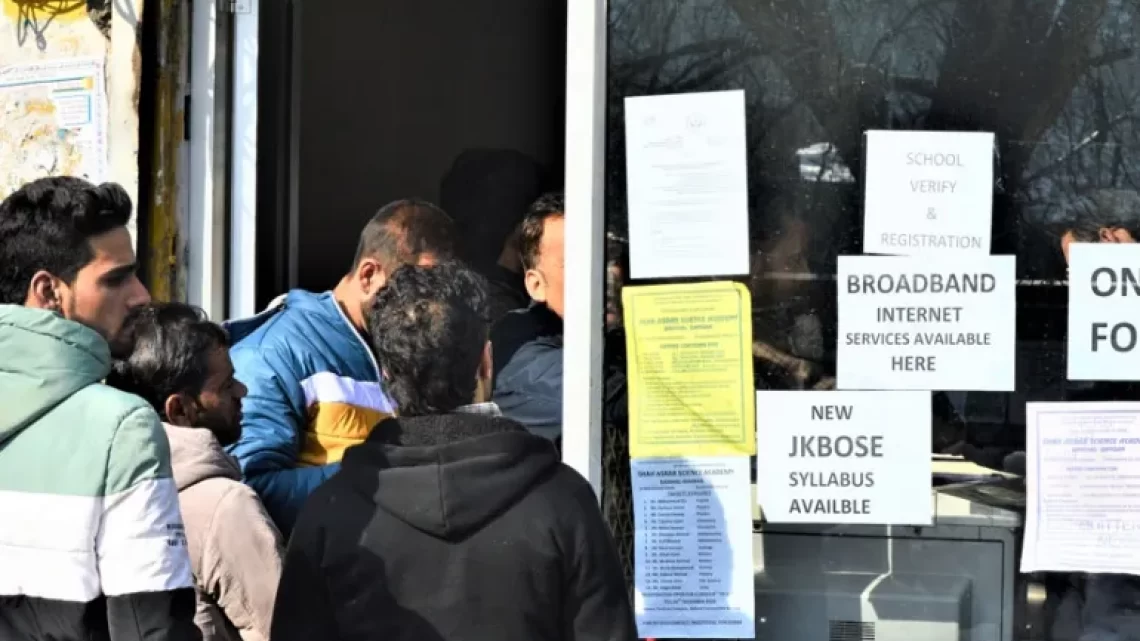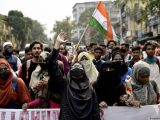
Controversial VPN Suspension: Curtailing Digital Rights of Kashmiris Amid Elections
April 25, 2024In Indian Illegally Occupied Jammu and Kashmir (IIOJK), the authorities in Rajouri district, under the control of the Bharatiya Janata Party (BJP), have taken the controversial step of suspending all virtual private networks (VPNs) until the conclusion of elections in the district. The decision comes amidst concerns over the unprecedented high usage of VPNs, with authorities citing potential cybersecurity risks during the Lok Sabha Elections and other sensitive data transmissions.
According to the order issued by the District Magistrate of Rajouri, the use of VPNs poses significant risks as they encrypt communication, create point-to-point tunnels, and mask IP addresses, potentially making data related to elections and other sensitive information vulnerable to cyber attacks. Consequently, the Additional District Magistrate, Rajeev Kumar Khajuria, has invoked Section 144 of the Criminal Procedure Code to enforce the suspension of all VPNs on mobile phones in the district until the election process is completed.
While the authorities argue that the measure is necessary to safeguard election-related data and sensitive information from potential cyber threats, the decision has sparked debates regarding the balance between security concerns and citizens’ access to information and communication tools. Critics view the VPN suspension as an infringement on digital rights and freedom of expression, limiting individuals’ ability to access a secure and private internet connection, particularly in a region with a history of internet shutdowns and censorship.
Moreover, the timing of the VPN suspension raises questions about its political implications, given the ongoing Lok Sabha Elections and the broader context of governance in IIOJK. Critics argue that the BJP-installed authorities may be using cybersecurity concerns as a pretext to suppress dissent and control the flow of information, especially in regions where political tensions run high.
The decision also highlights the challenges of regulating digital technologies in conflict-affected regions, where security concerns often intersect with issues of freedom of expression and privacy rights. Balancing the need for cybersecurity measures with respect for fundamental rights remains a complex and contentious issue, particularly in contexts where government actions are scrutinized for their potential impact on democracy and civil liberties.
As the suspension of VPNs in Rajouri district continues to draw attention and criticism, it underscores the importance of transparent and accountable governance practices, as well as ongoing dialogue between authorities, civil society, and technology experts to address cybersecurity challenges without compromising fundamental rights and freedoms.

